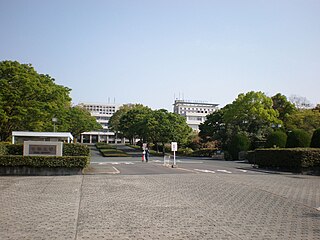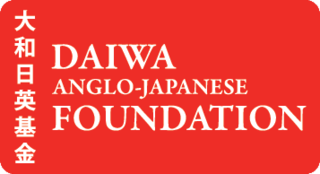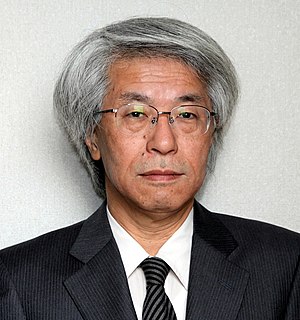Daiwa Adrian Prizes 2013
The ceremony was held at the Royal Society on 26 November 2013 and was attended by Trustees of the Foundation including the Chairman, Sir Peter Williams, who is former Vice President of the Royal Society. The Prizes were presented by Lord Adrian's wife Lady Adrian.
Chemonostics: Using chemical receptors in the development of simple diagnostic devices for age-related diseases.
Institutions: University of Bath, University of Birmingham, Kyushu University, Tokyo Metropolitan University and University of Kitakyushu. UK Team Leader: Professor Tony James, University of Bath Japan Team Leader: Professor Seiji Shinkai, Kyushu University
Circadian regulation of photosynthesis: discovering mechanisms that connect the circadian clock with photosynthesis in chloroplasts in order to understand how circadian and environmental signals optimise photosynthesis and plant productivity.
Institutions: University of Bristol, University of Edinburgh, Chiba University and Tokyo Institute of Technology. UK Team Leader: Dr Antony Dodd, University of Bristol Japan Team Leader: Dr Mitsumasa Hanaoka, Chiba University
Exploration of active functionality in abundant oxide materials utilising unique nanostructure: discovering novel properties in traditional materials and addressing the limited availability of technologically important elements through curiosity-driven research.
Institutions: University College London and Tokyo Institute of Technology UK Team Leader: Professor Alexander Shluger, University College London Japan Team Leader: Professor Hideo Hosono, Tokyo Institute of Technology
Extension of terrestrial radiocarbon age calibration curve using annually laminated sediment core from Lake Suigetsu, Japan – establishing a reliable calibration for radiocarbon dates thus considerably improving the accuracy of the age determination.
Institutions: University of Newcastle, University of Oxford, NERC Radiocarbon Facility, Aberystwyth University, Nagoya University, Chiba University of Commerce, Osaka City University and University of Tokyo UK Team Leader: Professor Takeshi Nakagawa, University of Newcastle Japan Team Leader: Professor Hiroyuki Kitagawa, Nagoya University

Chubu University is located in Kasugai, Aichi, Japan.
Glenn J. White is Professor of Astronomy at the Open University, UK, and Research Group Leader of the Astronomy Group at the Rutherford Appleton Laboratory. He carries out research on star formation and on exoplanets.

The Daiwa Anglo-Japanese Foundation is a United Kingdom-based charity established in 1988 to support closer links between Britain and Japan. It was founded with a benefaction from Daiwa Securities Co Ltd.

Ryukichi Inada was a Japanese physician, a prominent academic, and bacteriologist researcher. He was the discoverer of the Weil's disease pathogen. In addition to his life's work in early 20th-century Japanese medical education, he was a pioneer in Japanese clinical cardiology and oncology.
The Presbyterian Church in Japan is a conservative Reformed denomination in Japan, founded by American missionaries in the mid-1900s.

Carl Randall is a British figurative painter, whose work is based on images of modern Japan and London.
The 94th Emperor's Cup (第94回天皇杯全日本サッカー選手権大会) was the regular edition of the annual Japanese national football cup tournament, which was held from 5 July 2014 to 13 December 2014

Takao Kondo is a Japanese biologist and professor of biological science at Nagoya University in Nagoya, Japan. He is best known for reconstituting the circadian clock in vitro.
Hideyuki Arata is a Japanese engineering scientist.
The 97th Emperor's Cup (第97回天皇杯全日本サッカー選手権大会) was the 2017 edition of the annual Japanese national cup tournament, which began on 22 April 2017 and ended with the finals on 1 January 2018.

Sophien Kamoun is a Tunisian biologist. He is a senior scientist at the Sainsbury Laboratory and professor of biology at the University of East Anglia (UEA). Kamoun is known for contributions to our understanding of plant diseases and plant immunity.
John S. Fossey is British chemist. He is a professor of synthetic chemistry at the University of Birmingham in the United Kingdom, and a visiting professor at Henan Normal University and guest professor at East China University of Science and Technology, both in China. His research is in molecular recognition and catalysis, and he is a user of boronic acid derivatives. He is a former industry fellow of the Royal Society.
This page is based on this
Wikipedia article Text is available under the
CC BY-SA 4.0 license; additional terms may apply.
Images, videos and audio are available under their respective licenses.






